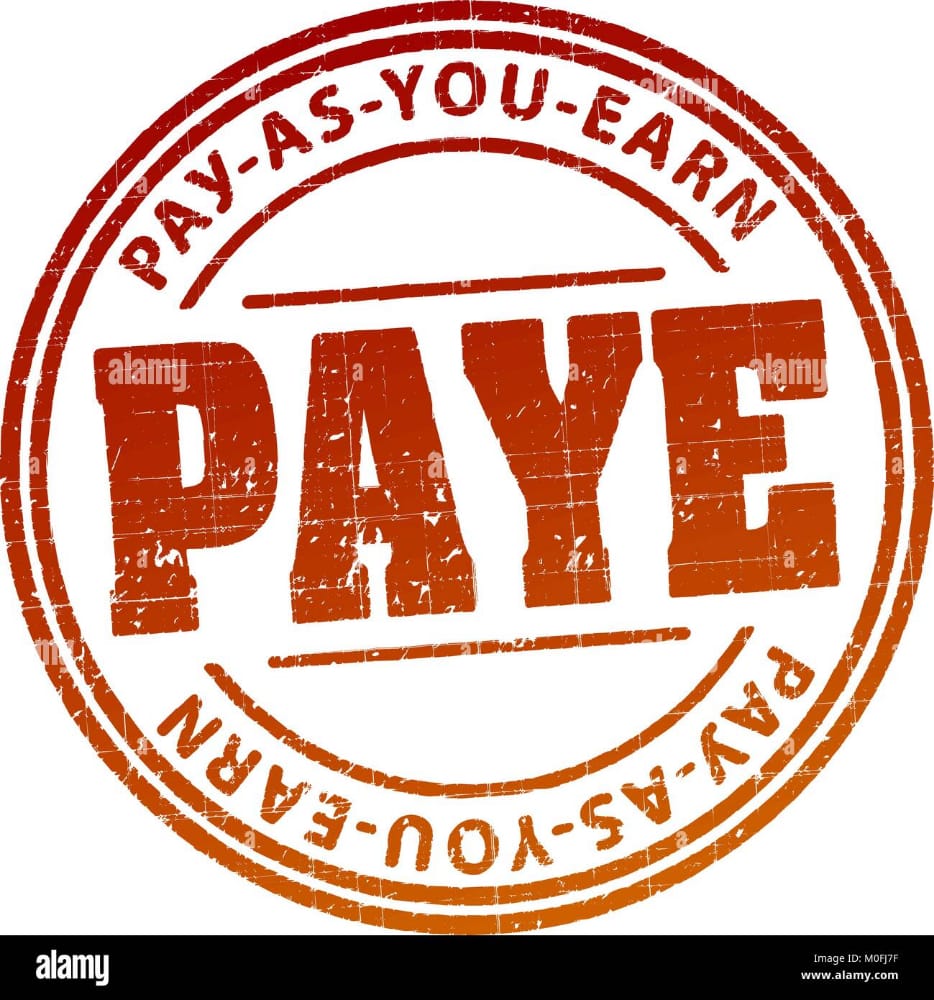Natalie Nyathi,
Business Reporter
Zim GBC News Business column will serialise statutory Tax Head obligations that are supposed to be paid through the Zimbabwe Revenue Authority (ZIMRA), the tax collector.
Statutory Tax Obligations means the responsibility for payment of taxes, withholding, certification and reporting requirements, claims for exemptions or refunds, interest, penalties and other related expenses instituted through Statutory Instruments or Acts of Parliament.
Simply expressed, all tax heads emanating from ZIMRA are legal and must be made good.
The Zimbabwe Revenue Authority (ZIMRA) was established on 19 January 2001 as a successor organisation to the then Department of Taxes and the Department of Customs and Excise following the promulgation of the Revenue Authority Act in February 2000.
ZIMRA, is responsible for collecting taxes and other revenue streams for the government in Zimbabwe. It derives its mandate from the Revenue Authority Act, passed by the parliament of Zimbabwe in 2002 and other related legislation.
ZIMRA is responsible for assessing, collecting and accounting for revenue through the Ministry of Finance as specified by the Revenue Authority Act. The revenues and taxes administered by ZIMRA include;
Income Tax
Pay As You Earn (PAYE)
Value Added Tax
Withholding taxes
Excise duty
Special excise duty
Capital gains tax
Carbon tax
Road tolls
Surtax
Stamp duty
Customs duty
Presumptive taxes.
Today we are going to look at Pay As You Earn (PAYE).
Pay As You Earn (PAYE) system is a method of paying Income Tax on remuneration. The employer is mandated to deduct tax from salary or pension earnings before paying out the net salary or pension.
PAYE ensures that the yearly amounts you have to pay are collected evenly on each pay day over the course of the tax year. PAYE is also used for people who receive an occupational pension from a previous employer. You may be entitled to tax credits and to tax reliefs and exemptions to reduce the amount of tax you pay.
Currently, those who earn less than ZWL$ 50 000. 00 qualify for PAYE exemption and those who earn US$ 100.00 are not obligated to PAYE.
For individuals, gross income is the sum of all wages, salaries, profits, interest payments, rents, and other forms of earnings, before any deductions or taxes. The PAYE calculated as a result is based on the employee’s earnings and includes basic salaries, bonuses, fringe benefits and other allowances.
In Zimbabwe PAYE must be paid on or before the 10 of the preceding month after collection during which the amount was deducted. If the last day for payment falls on a public holiday or weekend, the payment must be made on the last business day prior to the public holiday or weekend.
The employer must run a good payroll using PAYE calculator (Tax Tables), the payroll can be run on a day weekly, fortnightly monthly and yearly and payment remitted to ZIMRA on or before due date.
PAYE is tax withheld from salaries of employees thus before paying the employee(s) their salaries the owner computes PAYE tax and gives it to ZIMRA.
The Tax calculator is promulgated by the Ministry of Finance and is gazetted for use. The Tax tables are obtainable from ZIMRA website or their offices.
PAYE is an easy to collect revenue item. It plays an important role in nearly all national tax systems and also a high yielding revenue collector in many countries.
While it is the duty of the employer to withhold PAYE from the employee/s the liability for the payment of PAYE rests with the employee. The employer is only required to withhold the tax and to remit it to ZIMRA on behalf of the employee. The employee may very well be at risk if the employer deducts insufficient PAYE.


